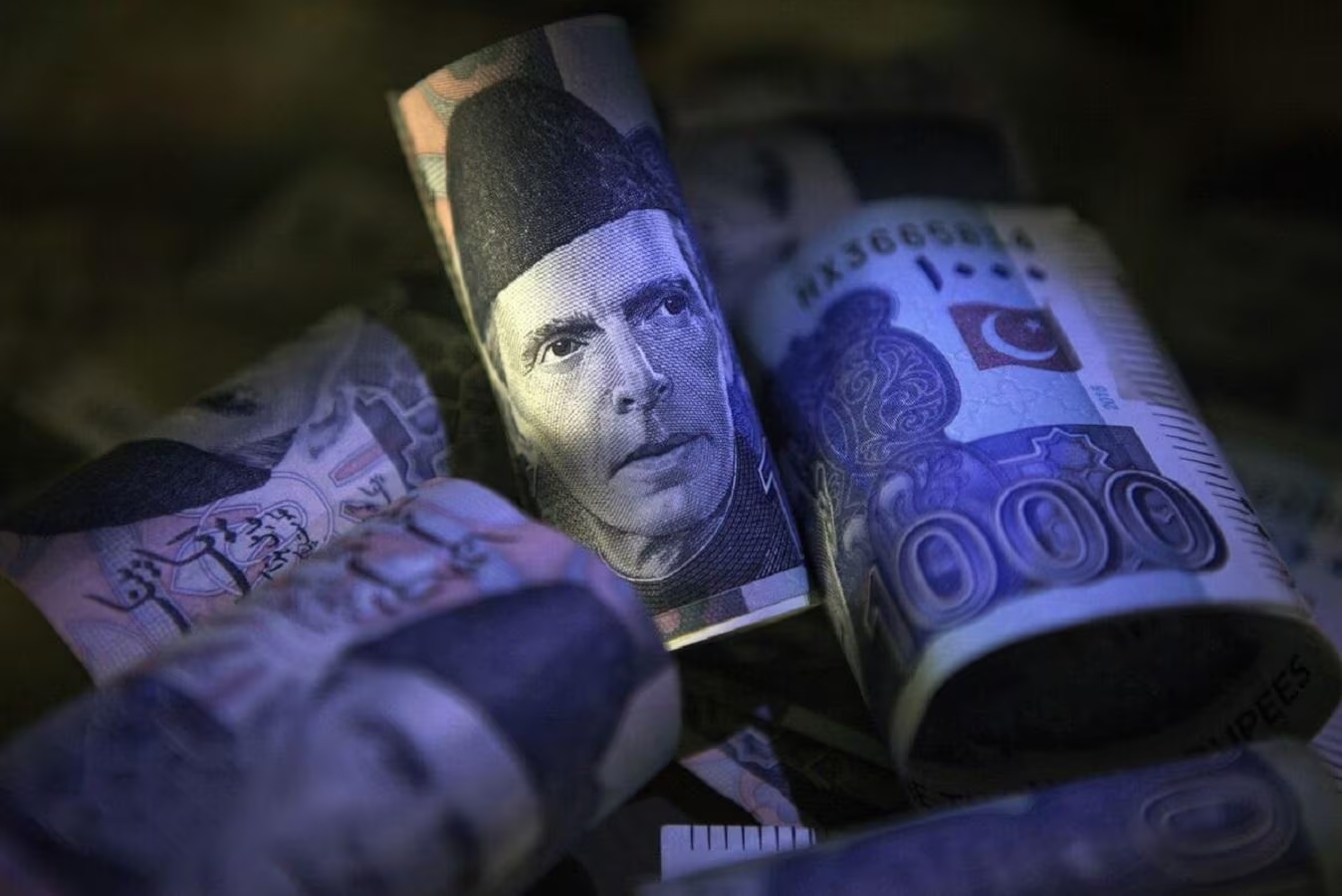In violation of the law, the State Bank of Pakistan allegedly extended Pakistani Rupees (PKR) 239 billion credit to the Shehbaz Sharif-led government in January-February to address the domestic commercial banks’ ballooning debt servicing requirements, according to Dawn.
According to the State Bank of Pakistan Act amended in 2022 on the dictation of the International Monetary Fund (IMF), government borrowing from the central bank is banned, as per the Dawn report. Section 9C of the law reads, “Prohibition on the Government borrowing–(1) The Bank shall not extend any direct credits to or guarantee any obligations of the Government, or any government-owned entity or any other public entity.”
According to the Dawn report, the Prime Institute (PI), an Islamabad-based economic think tank, borrowed PKR 239 billion from the SBP in January and February of this year as Pakistan’s fiscal deficit overshot due to high debt servicing costs on domestic debt.
According to the Islamabad-based economic think tank, an excessive government footprint in the economy and public spending have exacerbated the economic crisis. According to the Dawn report, the fiscal deficit in July-February was PKR 1.87 trillion, or 2.3 percent of GDP, with expenditures totaling PKR 5 trillion and revenues totaling PKR 3 trillion.
In February, the stock of SBP credit to the Pakistan government reached PKR 5.597 trillion. In February 2022, the stock stood at PKR 4.877 trillion, an increase of PKR 720 billion in a year. According to the Dawn report, borrowing for budgetary purposes resulted in an increase in the public debt of more than PKR 54.9 trillion.
According to the report, Pakistan’s economic challenges are the result of the country’s deteriorating political stability and the government’s unwillingness to implement reforms. According to the report, the government’s import restrictions reduced the burgeoning current account deficit (CAD) to USD 3.8 billion in July-February from USD 12 billion in 2022.
It also contributed to a halt in large-scale manufacturing (LSM), with output falling by 5.56 percent in eight months compared to last year. According to the Dawn report, the slowdown contributed to inflation and the prospect of further hikes in the coming months.
The drop in large-scale manufacturing (LSM) was caused by a PKR 219 billion drop in private sector borrowing in the first two months of the third quarter of FY23, bringing total borrowing to PKR 7.4 trillion.
The private sector’s borrowing under the export processing scheme fell by PKR 7 billion as well. According to the news report, Pakistan’s taxation system was regressive, with a greater reliance on indirect taxes because the government had failed to broaden the tax base.
According to the report, Pakistani governments were unable to implement reforms due to political instability and reluctance, according to the Dawn report. The current political divide, however, has deeply divided the people, and any consensus on key policy reforms remains elusive.


















